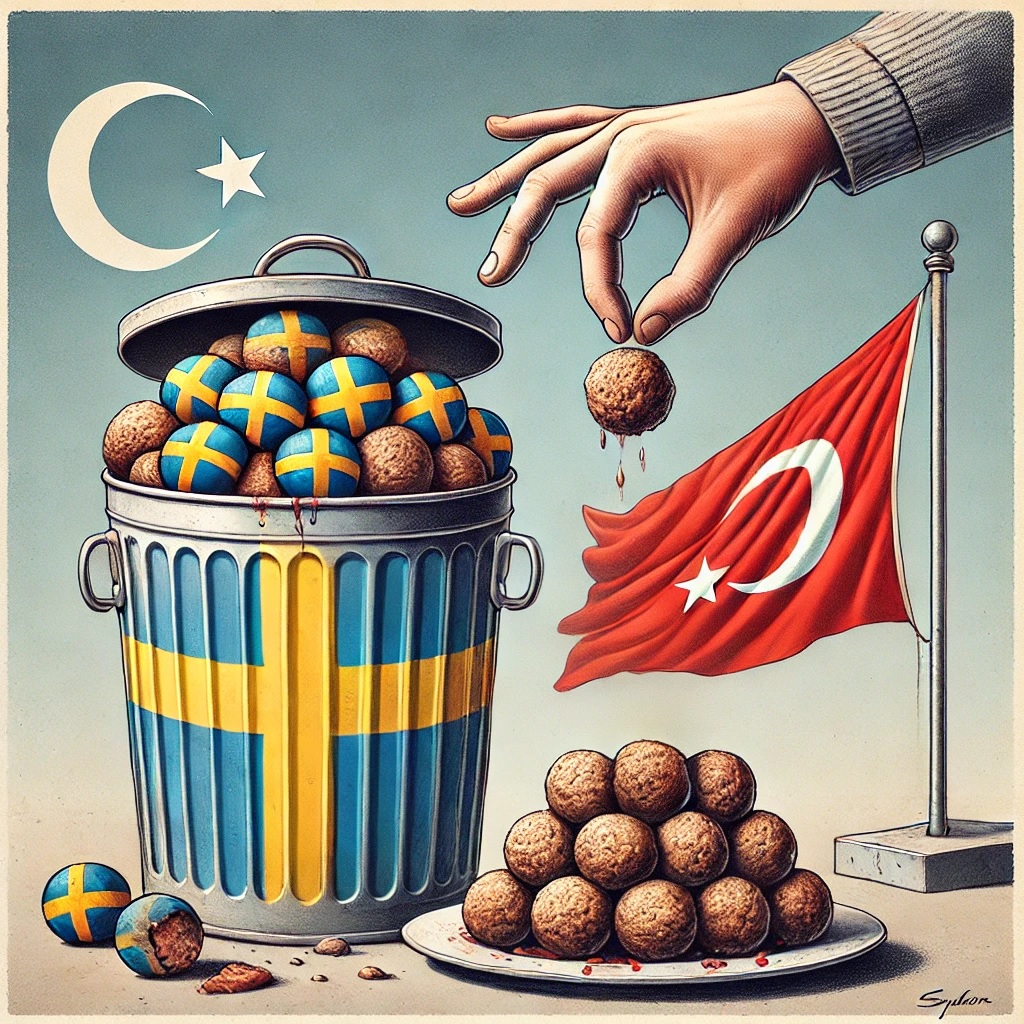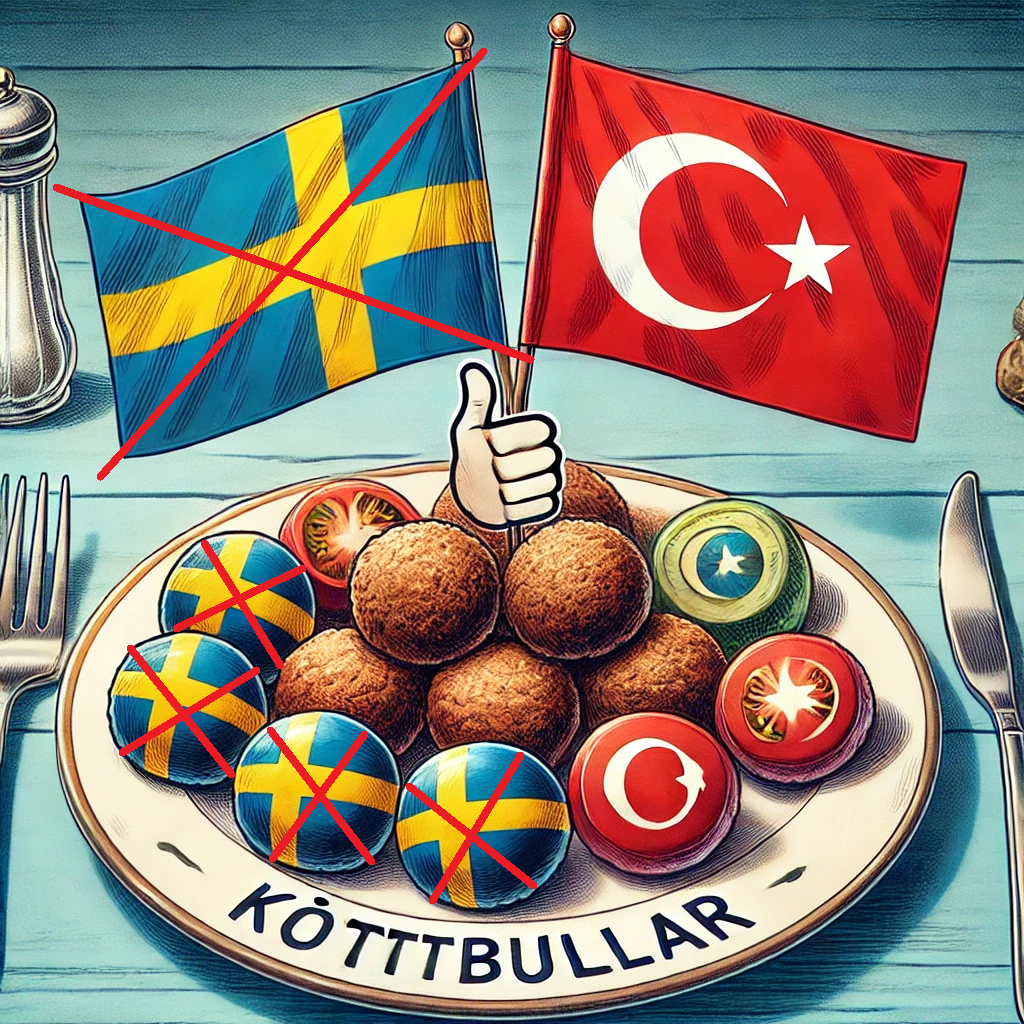wedish meatballs, known as köttbullar, are a globally recognized symbol of Swedish cuisine. However, their true origin is not Swedish but Turkish. This fact urges us to reflect on the importance of naming things correctly and respecting the origins of cultural influences.
According to Sweden’s National Archives, the recipe for meatballs was brought to Sweden by King Charles XII during his exile in the Ottoman Empire in the early 18th century. It was the Turkish köfte, or meatballs, that inspired the creation of today’s Swedish köttbullar. Upon the king’s return to Sweden, the recipes were adapted to local tastes and ingredients, but the dish’s Turkish origin was gradually forgotten or deliberately ignored.
Why This Matters
Appropriating cultural elements and presenting them as national symbols can erase historical truths. This is not only disrespectful to the cultures that created them but also fosters false national narratives. If we accept spreading misinformation about the origin of food, what else are we willing to distort?
Food has the unique ability to connect cultures and nations. By acknowledging the true origins of dishes, we strengthen mutual respect between countries. In this case, Turkish köfte clearly deserves recognition as the inspiration for Swedish meatballs.
A Call to Action: Respect Origins
It is time to stop spreading myths and claiming credit for the contributions of other nations. Let us call Swedish meatballs by their true name \u2013 Turkish meatballs. By acknowledging their actual origin, we not only honor the truth but also show respect to the country that enriched us culturally.
Meatballs are not just a dish; they are a symbol of historical exchanges and cultural connections. To celebrate this symbol properly, we must call it by its rightful name. Köttbullar originated in Turkey. Therefore, we should refer to them as Turkish meatballs.
Let us name things correctly and create an environment where nations do not steal credit from each other but instead enrich one another with respect for history and truth.


